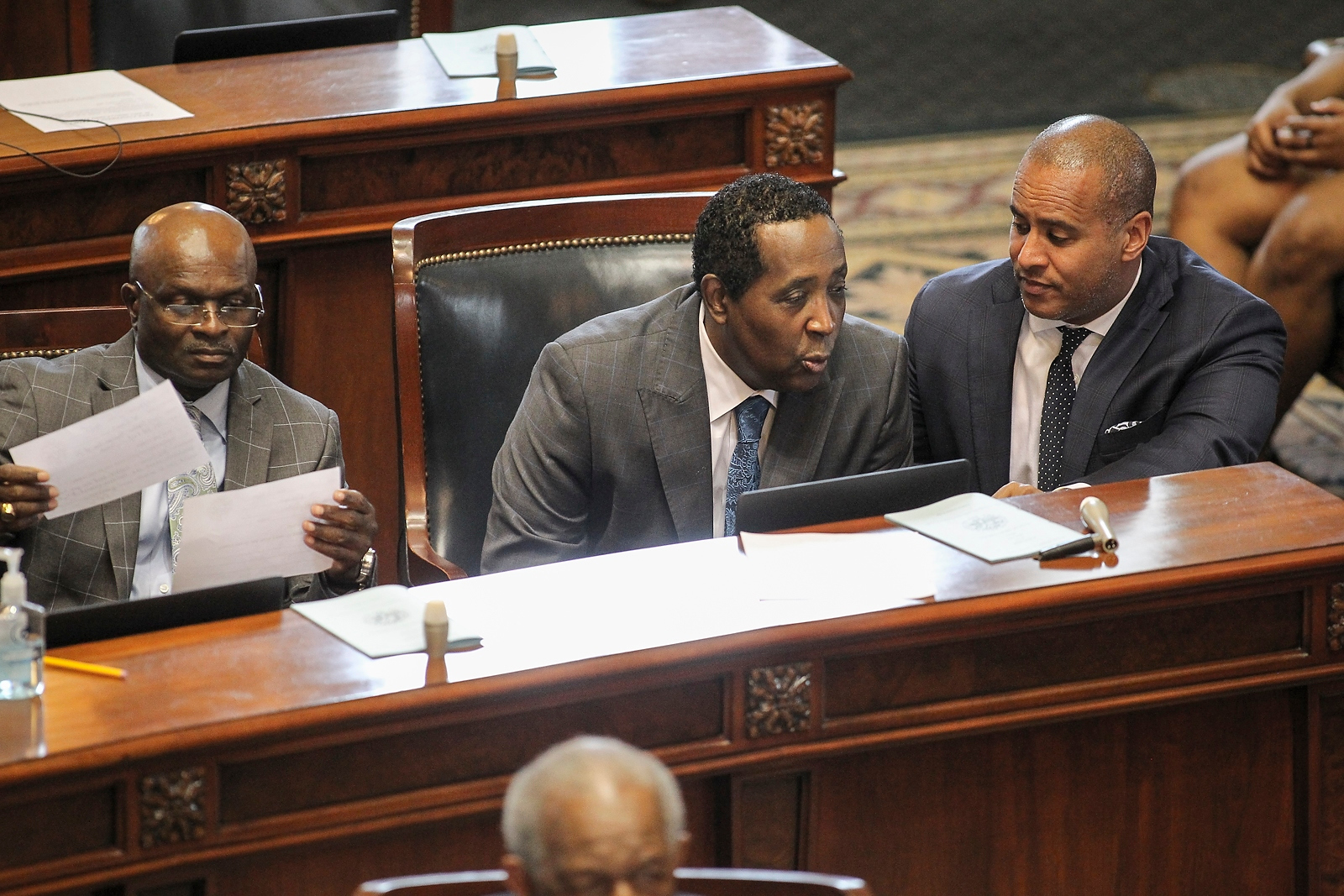SC Senator’s Shady Nonprofit Highlights Desperate Need For Transparency, Oversight
Taxpayers are getting ripped off by politically connected “nonprofits …”
Efforts to make government spending in South Carolina more transparent and accountable to taxpayers
